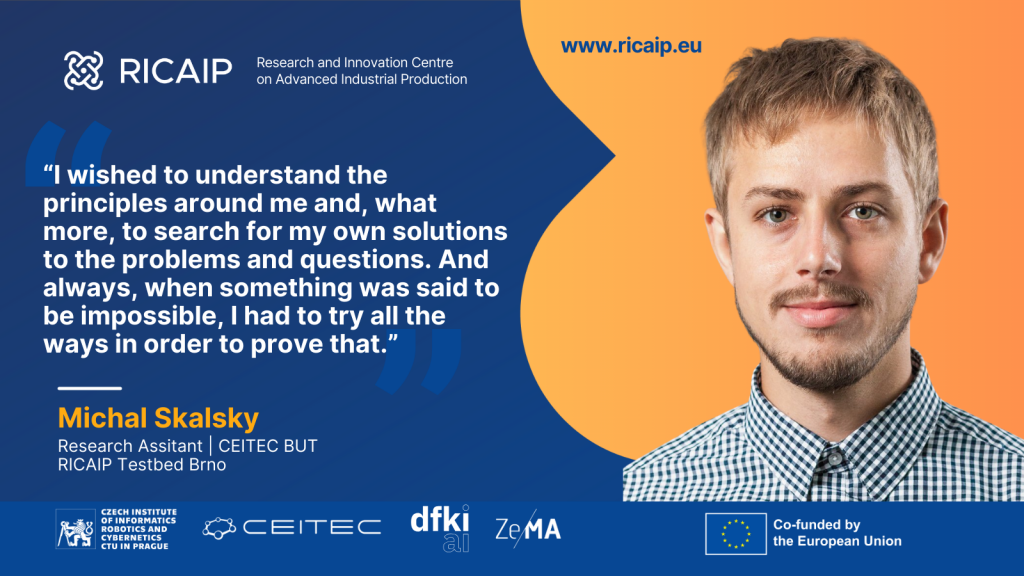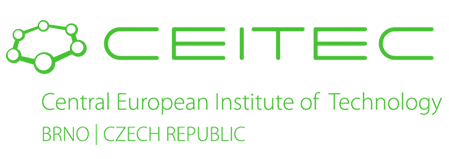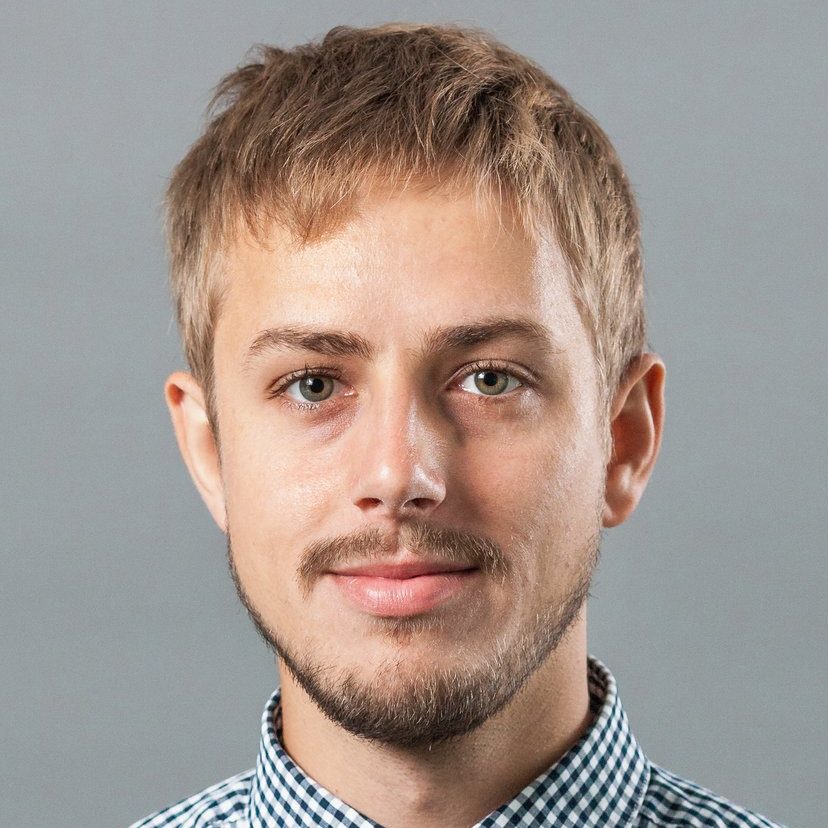Research focus: Optical sensing
Michal works as a research assistant in the Smart Sensors Laboratory under the Cybernetics and Robotics group at CEITEC BUT. In November 2022, he was awarded second place in the RICAIP Young Investigator Award (RYIA 2022). His research focus involves optical and fibre-optic interferometric sensors for various applications, ranging from automotive, fault detection, and materials characterization to industry. His interest in optical sensing started with the fibre-optic gyroscope (FOG) project, where his main contribution was developing a novel closed-loop processing and modulation method, parasitic effects suppression algorithms for a low-cost all-fibre FOG, and development of a novel method of its fibre source temperature stabilization. As a result, it was possible to join the cost-efficient FOG setup using an ordinary single-mode fibre with the advantages of closed-loop operation. He also used the powerful tool of the closed-loop phase compensation within the double-beam interferometric scanner for the thin piezoelectric film characterization, which is a necessary step for the MEMS sensors and actuators development. The newly designed compensation and stabilization techniques enabled a resolution of several tens of femtometers, the finest ever reported for an equivalent setup.
Next to it, his field of interest also comprises fibre-optic sensors of displacement and vibrations with the utilization of optical resonance or multimode interference. Within the RICAIP project, Michal would like to further extend his previous work within the field of accurate sensing of mechanical quantities. This comprises not only the sensors, such as vibration sensing (optical microphones) or mobile robot navigation (FOG), but also the instruments for calibration and precise characterization. Next to expanding the mentioned topics, he also plans to focus on the method of contactless movement measurement via fibre-optic sensors, comprising especially vibrations detection of the machine moving parts through the acoustic and surface waves measured by the fibre-optic interferometer. Due to the ultimate sensitivity of such sensors, it could be possible to perform fast and accurate diagnostics of the machines and critical infrastructure without any process intervention.
What is your personal motivation for a research career?
I never liked memorizing when I was at school. Instead, I wished to understand the principles around me and, what more, to search for my own solutions to the problems and questions. And always, when something was said to be impossible, I had to try all the ways in order to prove that. So when I was offered to continue with my thesis topic also on PhD studies, I thought, let’s try it!
Who influenced you most in your research?
“ My research is mostly influenced by my colleagues at CEITEC and the Faculty of Electrical Engineering and Communication (FEEC) BUT. ”
I could not work without having feedback, whether positive or negative. Sometimes you work hard on something, and you are not sure whether it is really going to be useful in the end. Then I need some others’ points of view. Of course, my colleagues are very kind to me and often give me rather positive feedback.
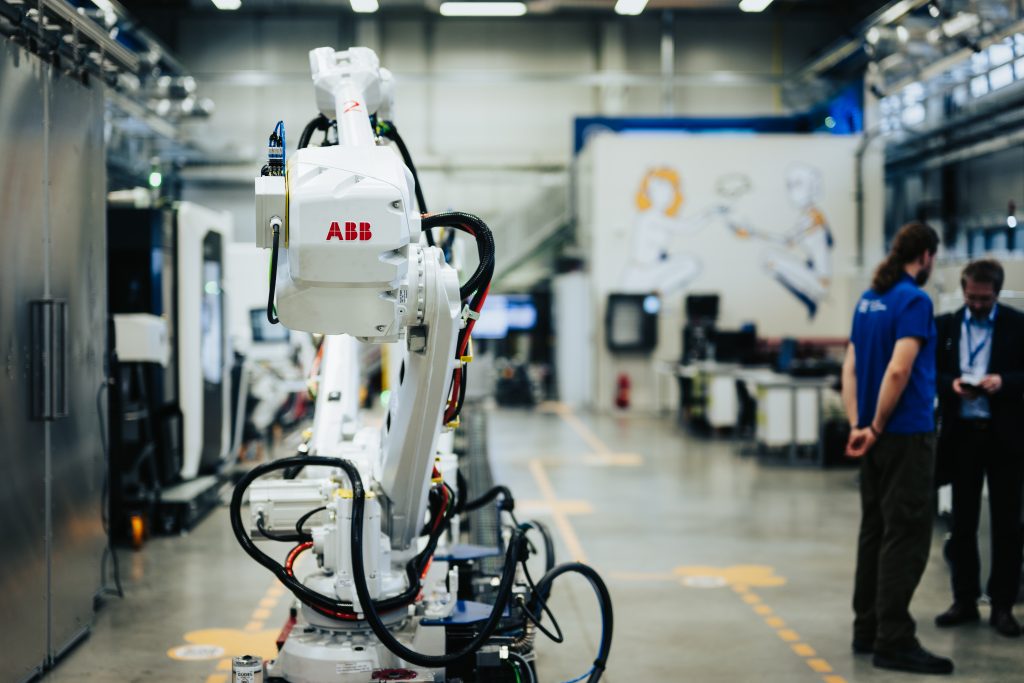
Would you have any piece of good advice for students?
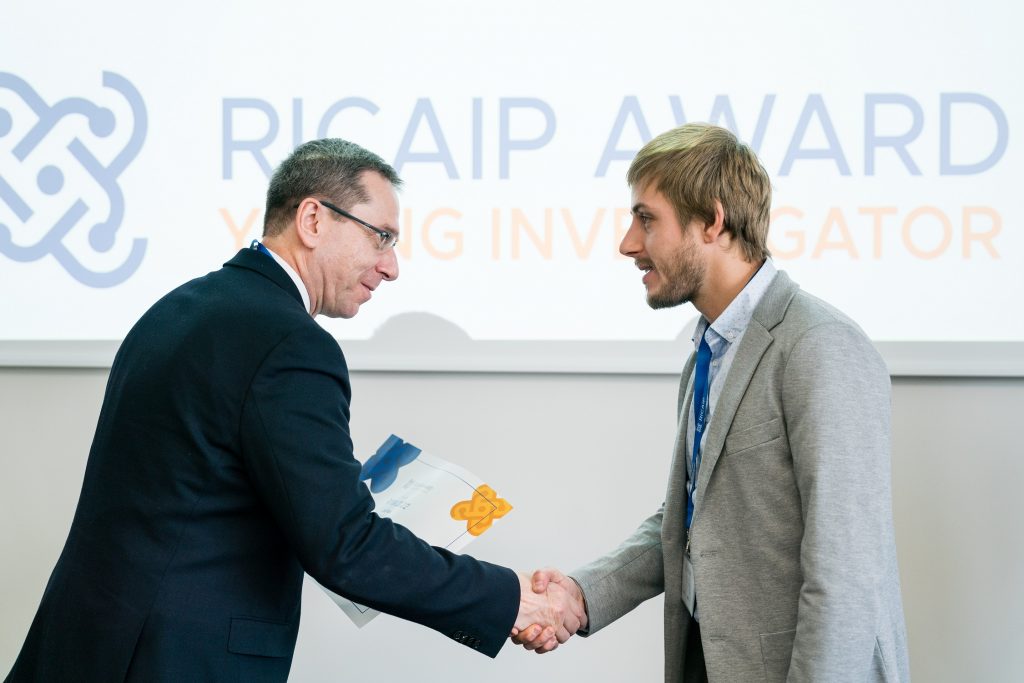
“ If you doubt whether to try what interests you or not, try it. This worked for me, at least during my studies, internships, and research. ”
I am not much into studying long theories without touching the real stuff. Of course, then I find myself in the situation when I am playing with the effects, let’s say in optical fiber, and I really do not understand why it’s behaving like this. That is the right time for me to get back to the theory and try to understand the things.
